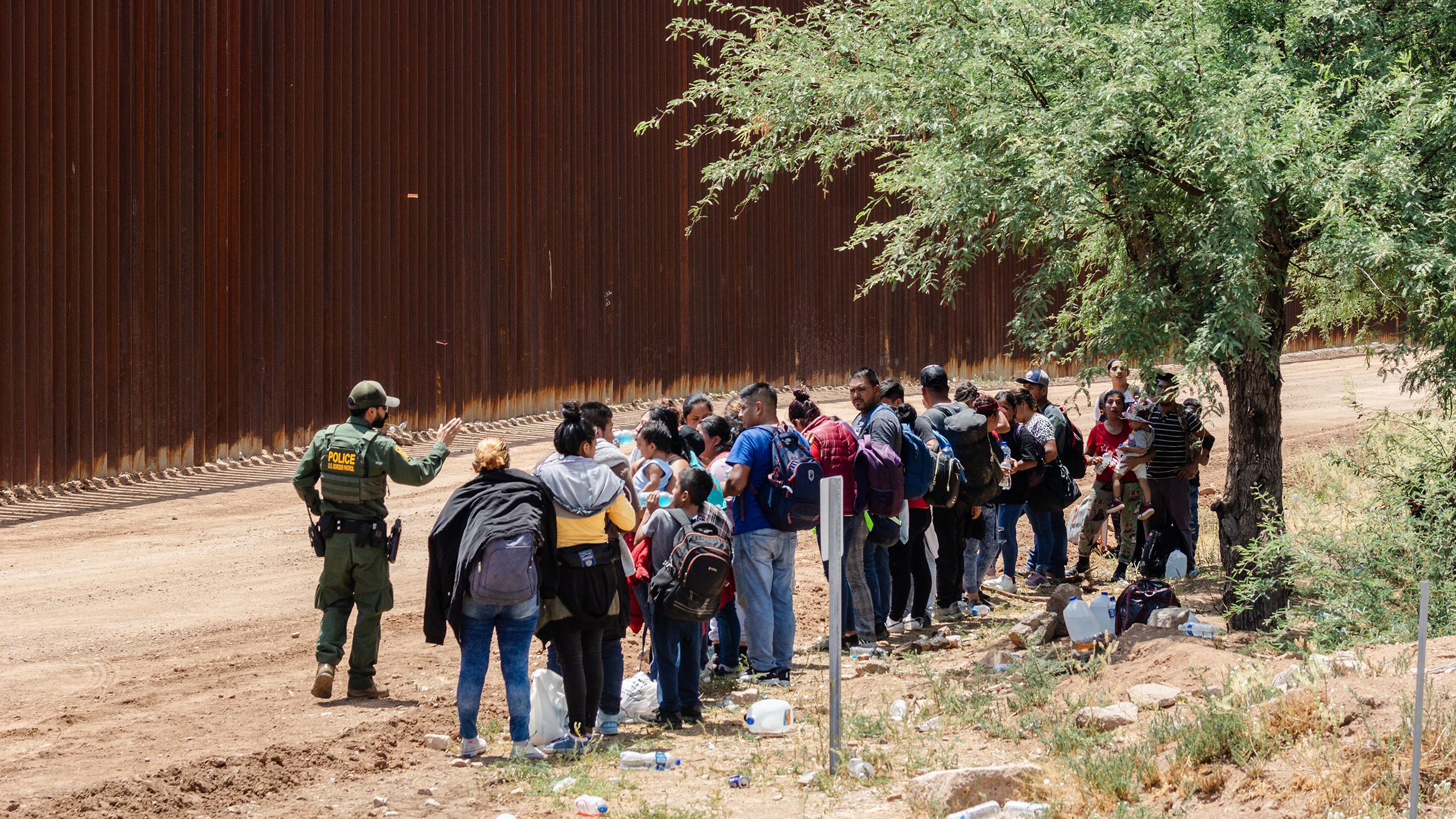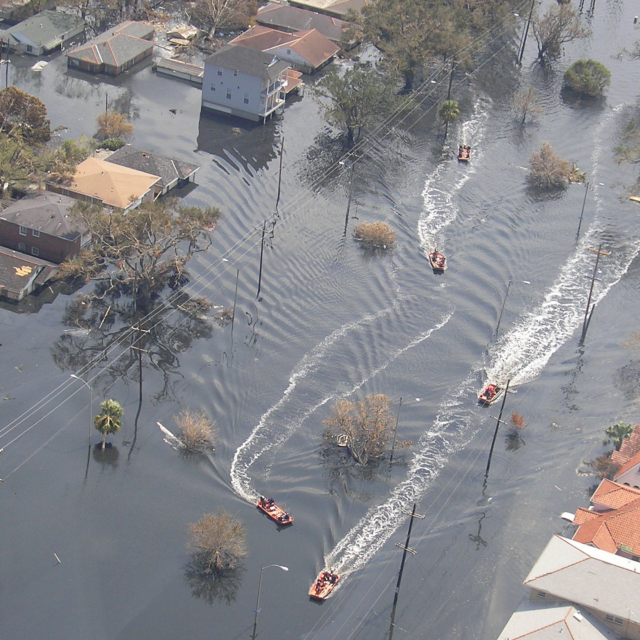Immigration is a hot-button issue in the U.S. and promises to remain especially prominent throughout the 2024 election season. Humanitarian crises and economic pressures in Venezuela, Haiti, Ecuador, Nicaragua, and China have contributed to a historic spike in migrant encounters along the U.S.-Mexico border in December 2023.
Progress on U.S. immigration system reform has been inconsistent for decades, subject to changes in administrations, congress, and external events. In early February of this year, a long-awaited, bipartisan immigration and foreign aid bill failed to pass the Senate. This setback has further fueled tensions among lawmakers, federal and state governments, and presidential election candidates. President Joe Biden and former President Donald Trump each issued statements implicating the other in the bill’s demise.
Four Ten Across states share their borders with Mexico and find themselves on the frontlines of complex issues that capture the attention of the country. While agreements and solutions are not in immediate sight, reporting on the state of the border—from human experiences to frictions in government—is of particular importance in this geography.
Here are some headlines and trendlines we are following on this issue:
- A chapter in New York Timesbest-seller Tom Zoellner’s 2023 book “Rim to River: Looking Into the Heart of Arizona,” explains how a dangerous border with Mexico can be a lucrative business for those on either side. Human smugglers can charge up to $1,700 per person, making it around a $24 billion industry every year. While U.S. migrant detention facilities, such as CoreCivic’s in Florence, Arizona, can earn up to $331 million in a year. (We will be interviewing Tom in an upcoming episode of the Ten Across Conversations podcast about his latest book and column in The New York Times regarding increasingly negative perceptions of the American Southwest.)
- This January 2024 report from the Migration Policy Institute describes how migration at the U.S. Southern border has changed in the last four decades and how that time can be defined by two distinct eras of policy. While the first 20 years were focused on managing the flows of unauthorized Mexican migrants, the current era has seen a mass increase in asylum seekers from Central and South America and beyond. They conclude that policy efforts today must adapt to this latter, more challenging influx of people.
- The Supreme Court recently ruled that Texas Governor Greg Abbott’s use of razor wire to deter migrants from crossing the Rio Grande was an illegal overstep of federal immigration policy. Following this decision, Newsweek reports 25 of 26 U.S. Republican governors have come out in support of Abbott and his efforts to defend his state from an ‘invasion’ of migrants and asylum seekers. Federal agents are now removing the razor wire, but Abbott still plans to increase state enforcement at the border as evidenced by his announcement last Friday of a 80-acre Texas National Guard base in Eagle Pass that will be completed mid-April and eventually house 1,800 to 2,300 soldiers.
- The Guardian reports it is a particularly deadly time for migrants to cross into the U.S.: 9,000 deaths have occurred in the last decade, with 5,145 of those occurring in Southern Arizona. This humanitarian crisis for asylum-seekers is further exacerbated by a staggering and decades-long immigration court backlog, the report continues. The U.S. currently has 682 immigration judges, who are averaging around 4,500 cases each as of Dec. 2023, as this backlog grows.
- Last week, on its second attempt, the U.S. House of Representatives successfully voted to impeach U.S. Homeland Security Secretary Alejandro Mayorkas. House members who voted in favor claim Mayorkas has broken federal law with his department’s management of the border. It will be up to the Senate to proceed with a vote that might convict and remove him from office, but few observers expect the case to succeed. (The Washington Post, Feb. 14, 2024)
The House and Senate are currently on President’s Day recess until Feb. 28. When they return, the House will have only three days to approve aid appropriations for Ukraine, Israel, the border and more and avoid a government shutdown. In the meantime, more and more Americans are displeased with the government’s handling of the border, with 78% of respondents calling the influx of migrants a crisis (45%) or a major problem (32%), according to a Pew Research Center survey.
A peaceful border is vital to the economy and culture of many 10X communities, something we heard about in this Ten Across Conversations podcast discussion last summer. This will remain an issue that we track, especially as the federal election nears. Stay tuned for more.
Is there a story we might have missed?
Have ideas for topics we should watch or who we should interview next ? Let us know: tenacross@asu.edu




